Top 3 Best Remedies for Bug Bites: Soothe Itching and Swelling
Nothing ruins a perfect day outdoors faster than a pesky bug bite. Whether it’s a mosquito, a bee, or some other little critter, the itching and swelling can drive anyone crazy.
But don’t worry, we’ve got you covered. In this article, we’ll explore the top 3 best remedies for bug bites that will help you soothe the itching and swelling in no time.
Our goal is to provide you with the most effective, natural, and accessible solutions so you can enjoy your time outside without the nuisance of bug bites.
Understanding Bug Bites: Why Do They Itch and Swell?
Before diving into the remedies, it’s important to understand why bug bites cause itching and swelling.
When a bug bites you, it injects saliva or venom into your skin. This foreign substance triggers your body’s immune response, causing inflammation, itching, and swelling.
Different bugs cause different reactions, but the discomfort they bring is universally annoying.

1. Cold Compresses: Instant Relief
Why Cold Compresses Work
Cold compresses are a quick and easy way to reduce the itching and swelling from bug bites. The cold temperature helps to numb the area, reducing the sensation of itching.
Additionally, it constricts blood vessels, which decreases blood flow to the bite and reduces swelling.
How to Use Cold Compresses
- Prepare the Compress: Wrap a few ice cubes in a clean cloth or use a store-bought cold pack.
- Apply to the Bite: Place the compress on the bite for about 10-15 minutes.
- Repeat as Needed: You can repeat this process every few hours to keep the swelling and itching under control.
Pro Tip: If you’re in a pinch and don’t have ice or a cold pack, a bag of frozen vegetables can work just as well!
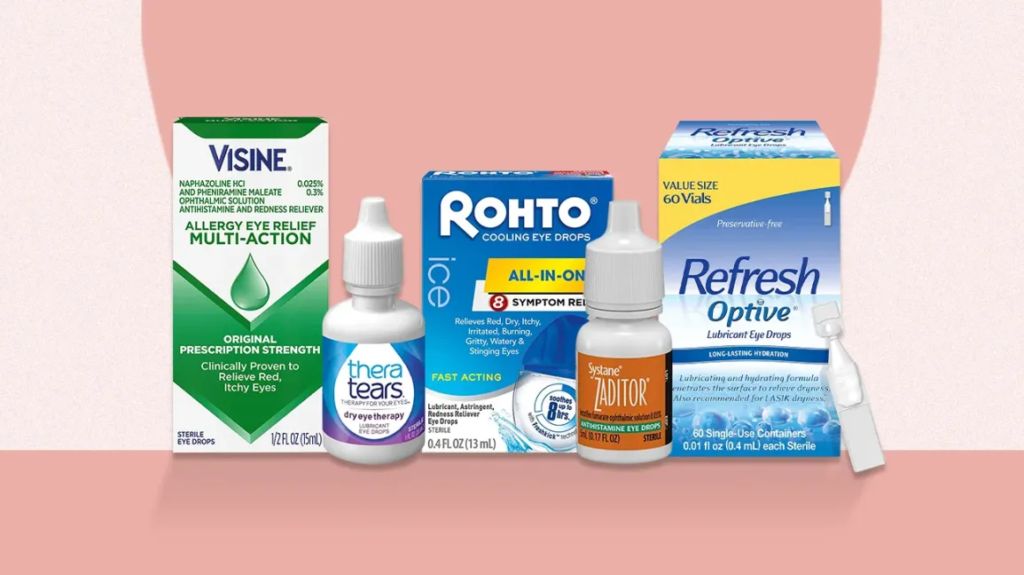
2. Topical Antihistamines: Reduce Allergic Reactions
What Are Antihistamines?
Antihistamines are medications that counteract the effects of histamine, a chemical released by your immune system during an allergic reaction. When you apply a topical antihistamine to a bug bite, it helps to reduce itching, redness, and swelling.
Choosing the Right Antihistamine
When selecting a topical antihistamine, look for products that contain diphenhydramine or hydrocortisone.
These ingredients are known for their effectiveness in relieving symptoms associated with bug bites.
How to Apply Topical Antihistamines
- Clean the Area: Gently wash the bite area with soap and water.
- Apply the Cream: Use a small amount of antihistamine cream and rub it into the bite.
- Reapply as Directed: Follow the instructions on the packaging for how often you can reapply the cream.
Pro Tip: Avoid scratching the bite, as this can cause the skin to break and increase the risk of infection.

3. Natural Remedies: Aloe Vera and Essential Oils
Why Choose Natural Remedies?
Natural remedies are a great option for those who prefer to avoid synthetic chemicals.
Aloe vera and essential oils, like tea tree oil and lavender oil, have anti-inflammatory and soothing properties that can help alleviate the discomfort of bug bites.
Aloe Vera
Aloe vera is known for its soothing and healing properties. It’s commonly used to treat burns, but it’s also effective for bug bites.
How to Use Aloe Vera
- Extract the Gel: If you have an aloe vera plant, cut a leaf and squeeze out the gel. Alternatively, use store-bought pure aloe vera gel.
- Apply to the Bite: Rub the gel directly onto the bug bite.
- Let It Dry: Allow the gel to dry on your skin. You can reapply as needed.
Essential Oils
Essential oils like tea tree oil and lavender oil have anti-inflammatory and antiseptic properties. They can help reduce swelling, itching, and the risk of infection.
How to Use Essential Oils
- Dilute the Oil: Mix a few drops of essential oil with a carrier oil, such as coconut oil or olive oil.
- Apply to the Bite: Gently rub the diluted oil onto the bug bite.
- Repeat as Needed: You can reapply this mixture several times a day.
Pro Tip: Always perform a patch test before using essential oils to ensure you don’t have an allergic reaction.
Additional Tips for Bug Bite Relief
- Stay Hydrated: Drinking plenty of water helps your body heal faster.
- Avoid Scratching: Scratching can lead to infections and prolonged healing times.
- Wear Protective Clothing: When you’re in areas with lots of bugs, wear long sleeves and pants to minimize exposure.

Preventing Bug Bites: Best Practices
While treating bug bites is essential, preventing them in the first place is even better. Here are some tips to help you avoid bug bites:
Use Bug Repellent
Applying bug repellent can significantly reduce your chances of getting bitten. Look for repellents that contain DEET, picaridin, or oil of lemon eucalyptus.
Avoid Peak Bug Activity Times
Bugs are most active during dawn and dusk. Try to avoid outdoor activities during these times if possible.
Keep Your Environment Clean
Bugs are attracted to standing water and food. Make sure to eliminate any standing water around your home and keep food covered when you’re outdoors.
Conclusion
Bug bites are an inevitable part of enjoying the great outdoors, but they don’t have to ruin your day.
By using cold compresses, topical antihistamines, and natural remedies like aloe vera and essential oils, you can effectively soothe the itching and swelling.
Additionally, following preventive measures can help you avoid bug bites altogether. Stay prepared, and you’ll be able to enjoy your time outside without the nuisance of bug bites.
FAQs
How long does it take for a bug bite to heal?
Most bug bites heal within a few days to a week. However, the duration can vary depending on the type of bug and the individual’s reaction to the bite.
Can I use vinegar to treat bug bites?
Yes, vinegar, especially apple cider vinegar, can help soothe bug bites. Its acidity can neutralize the itch and reduce inflammation.
Are there any over-the-counter medications for bug bites?
Yes, there are several over-the-counter medications, such as hydrocortisone cream and oral antihistamines, that can help alleviate the symptoms of bug bites.
What should I do if a bug bite becomes infected?
If a bug bite becomes infected, you should clean it with soap and water and apply an antiseptic. If the infection worsens, seek medical attention.
Can baking soda help with bug bites?
Yes, a paste made from baking soda and water can help reduce itching and swelling from bug bites. Apply the paste to the bite and let it sit for about 10 minutes before rinsing off.
How can I tell if a bug bite is serious?
Signs of a serious bug bite include severe swelling, difficulty breathing, fever, and signs of infection such as pus or red streaks. If you experience any of these symptoms, seek medical attention immediately.
Is it safe to use essential oils on children for bug bites?
Essential oils can be used on children, but they should always be diluted with a carrier oil. It’s also important to perform a patch test to ensure the child does not have an allergic reaction.
By following these remedies and tips, you’ll be well-equipped to handle bug bites and enjoy your time outdoors. Stay safe and itch-free!
References
- American Academy of Dermatology Association. (n.d.). Bug bites and stings: When to see a dermatologist. Retrieved from https://www.aad.org/public/everyday-care/injured-skin/bites/bug-bites
- Centers for Disease Control and Prevention. (2020). Prevent Mosquito Bites. Retrieved from https://www.cdc.gov/mosquitoes/mosquito-bites/prevent-mosquito-bites.html
- Mayo Clinic. (n.d.). Insect bites and stings: First aid. Retrieved from https://www.mayoclinic.org/first-aid/first-aid-insect-bites/basics/art-20056593
By following these remedies and tips, you’ll be well-equipped to handle bug bites and enjoy your time outdoors. Stay safe and itch-free!

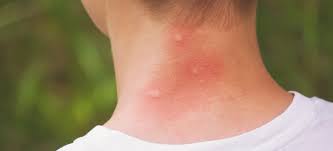
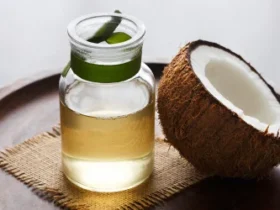






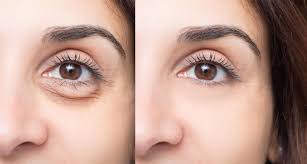
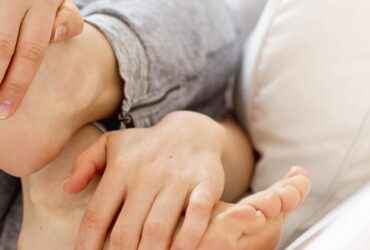


Leave a Reply